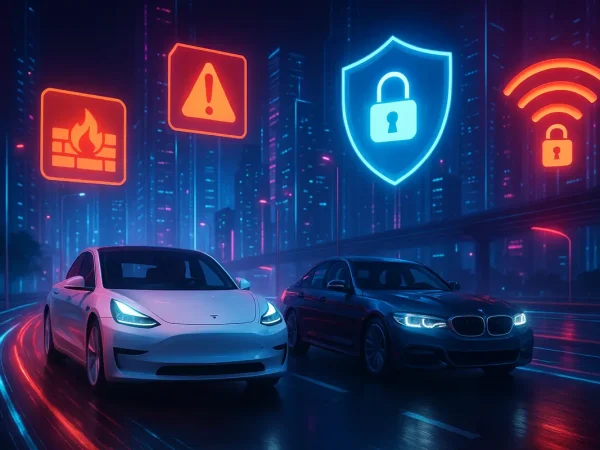The Evolution of Auto Repair From Conventional Cars to EVs
Many people are worried about the future of the auto repair industry with the rise of electric vehicles. However, there is reason to be hopeful.
EVs have fewer moving parts and require less maintenance than traditional cars. They also use a renewable energy source.
This means that they could save you money in the long run. In addition, they will reduce your carbon footprint.
The Future of the Industry
Despite the fact that there are some skeptics about the transition from fossil fuels to electric vehicles, the industry is moving forward. This includes a shift in how cars are repaired.
In addition to hard repairs, mechanics now need to be able to troubleshoot software issues. They also need to understand how EVs operate differently from gas-powered cars. Thankfully, these changes are not impossible to learn.
One way to adapt to this change is by offering mobile EV repair services. This allows customers to avoid the hassle of scheduling an appointment at a traditional repair shop. It’s more convenient for both parties and can save a lot of time. Not only that, but it can also help reduce carbon emissions. This is why it’s so important to make sure your business is ahead of the curve. You need to invest in new technology and provide digital features that your customers will appreciate. By doing this, you’ll be able to attract more clients and boost your revenue.
Mechanics Need to Learn New Skills
Mechanics are required to keep up with new technology in their field. They often do this by getting additional certifications and training programs that help them learn more about car technology.
These technicians need to understand how EVs work to be able to repair them. They will also need to learn about new rules and regulations regarding EVs.
For example, EVs require different maintenance procedures than traditional cars because they don’t use oil and have fewer moving parts. This can result in different maintenance schedules for the vehicles, which will have an impact on how much it costs to service them.
Besides technical skills, mechanics need professional skills like customer service and communication. Penn Foster’s leadership training program helps auto mechanics improve these soft skills so they can become successful supervisors and managers at their shop. This way, they can provide their customers with a higher level of service while keeping up with the demands of the automotive industry.
Electric Vehicles Are a Renewable Energy Source
Electric vehicles use electricity stored in batteries to power an electric motor that turns the wheels of the car. They produce zero tailpipe emissions and significantly lower greenhouse gas (GHG) emissions from energy production.
They also have a lower center of gravity, which makes them more maneuverable and stable. Additionally, EVs typically have better crumple zones because they don’t need to accommodate a large engine block.
Families that own EVs can also help the environment by ensuring their electricity comes from renewable sources, such as solar and wind power. This helps reduce harmful emissions from conventional power plants and cuts our reliance on fossil fuels.
EVs also have several other eco-friendly features. For example, they can be charged at home or at EV charging stations that use renewable energy. They can even be programmed to charge at times that help maximize renewable energy use on the grid, such as during peak solar output or nighttime wind production.
Electric Vehicles Are Changing the Way Mechanics Work
EVs have fewer moving parts, which means they don’t need as much maintenance. But other factors also contribute to their lower maintenance needs. For example, EVs use regenerative braking, which converts the energy from the car’s brake pads into electricity that charges the battery. This reduces the amount of wear and tear on the brake pads, which can lead to them needing to be replaced less often.
Some mechanics, especially those who are veterans of the industry, are reticent to learn the new skills required to work on EVs. That reluctance is understandable, but it’s important for these mechanics to realize that the future of their industry is electric.
Mechanics who refuse to adapt will find themselves struggling to stay in business. But those who embrace the shift will have a chance to thrive. After all, EVs are still a relatively new technology, so demand will grow as people replace their traditional vehicles with electric models.



